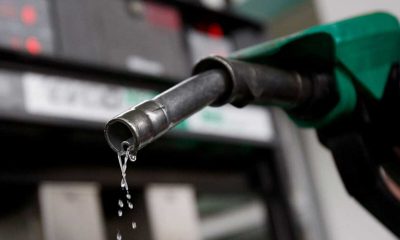Business
Fuel scarcity lingers as NNPC delays Dangote petrol supply, independent marketers ready to buy
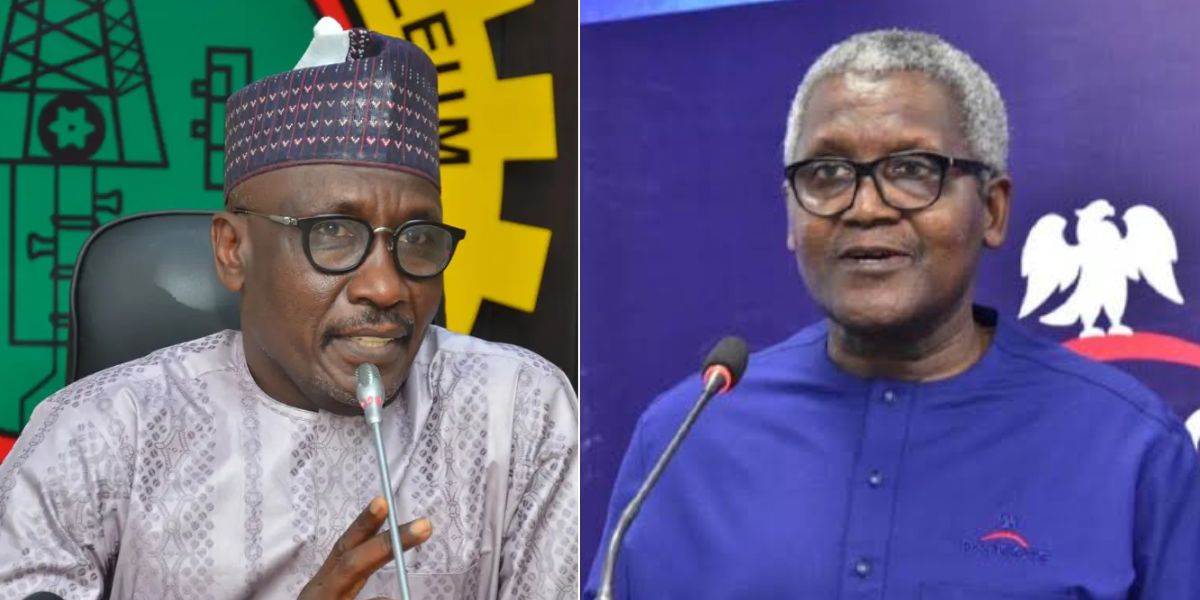
Fuel scarcity lingers as NNPC delays Dangote petrol supply, independent marketers ready to buy
Going by the projection of Alhaji Aliko Dangote, owner of the brand new Dagote Refinery, sufficient petrol from that facility should have been delivered at various filling stations across the country since last Thursday.
“Our PMS can be in filling stations within the next 48 hours, depending on NNPCL,” he said.
This was expected to douse tension and ease the prolonged fuel scarcity being experienced nationwide.
Dangote who spoke in Lagos last Tuesday with a promise of commencing the supply of premium motor spirit (PMS) otherwise known as petrol within 48 hours however gave a proviso – that the Nigerian National Petroleum Company Limited would pick up the product from his refinery at a price agreeable to the two parties.
Dangote could not disclose the pump price of the product, saying the Federal Executive Council would determine how much he would a litre of petrol.
But five days after Dangote spoke at the launch of his refinery’s petrol into the market, the nation still awaits the promised PMS due to delay by the NNPC.
The NNPC, which had earlier indicated its willingness to buy off the Dangote fuel and distribute to marketers as it currently does has however made a U-turn.
It said in Saturday that it would only pick up the fuel if found to be cheaper than that of international market.
“NNPC Ltd has no desire or intention to become the distributor for any entity in a free market environment, and therefore, the notion of becoming a sole off-taker does not arise,” it added.
While no concrete agreement has been reached between NNPC and Dangote on the issue, the Independent Petroleum Marketers Association of Nigeria on Saturday said it would buy PMS from Dangote at any price, even if the NNPC refused to buy.
A report by Sunday PUNCH quoted National President of the association, Abubakar Maigandi, as saying the independent marketers were ready to patronise Dangote.
He said, “Whatever the case, if Dangote starts selling his product, we are going to patronise him; if at all he wants to do business with us.
“We are ready to buy at any price because the NNPC is saying that they don’t want to involve themselves in fixing prices.
“So, at any price that he wants to sell, we are ready to buy and discharge and sell at a good price.”
Members of IPMAN are said to own about 80 per cent of the filling stations in Nigeria.
Meanwhile, fuel scarcity has not abated nationwide despite the promise by the Minister of State for Petroleum Resources (oil), Heineken Lokpobiri, that petrol would be made available by this weekend.
He said after a meeting with Vice-President Kashim Shettima in Abuja on the fuel crisis, “Between now and the weekend, there will be availability of products across the length and breadth of the country.
“We believe that by the time there is availability of products across the country, the price itself will stabilise.”
Lokpobiri urged Nigerians not to resort to panic buying, stressing that there is sufficient petroleum product to meet the nation’s demand.
Queues have remained at few filling stations dispensing petrol to motorists as many people spend long hours waiting for their turn.
While petrol is being sold between N855 and N920 per litre by the NNPC and major marketers, independent marketers are selling between N1,000 and N1,200.
The price is expectedly higher at the black market. In Lagos, a five-litre of petrol is offered between N7,000 and N8,000.
Railway
NRC ready for Lagos-Kano cargo train services – Opeifa
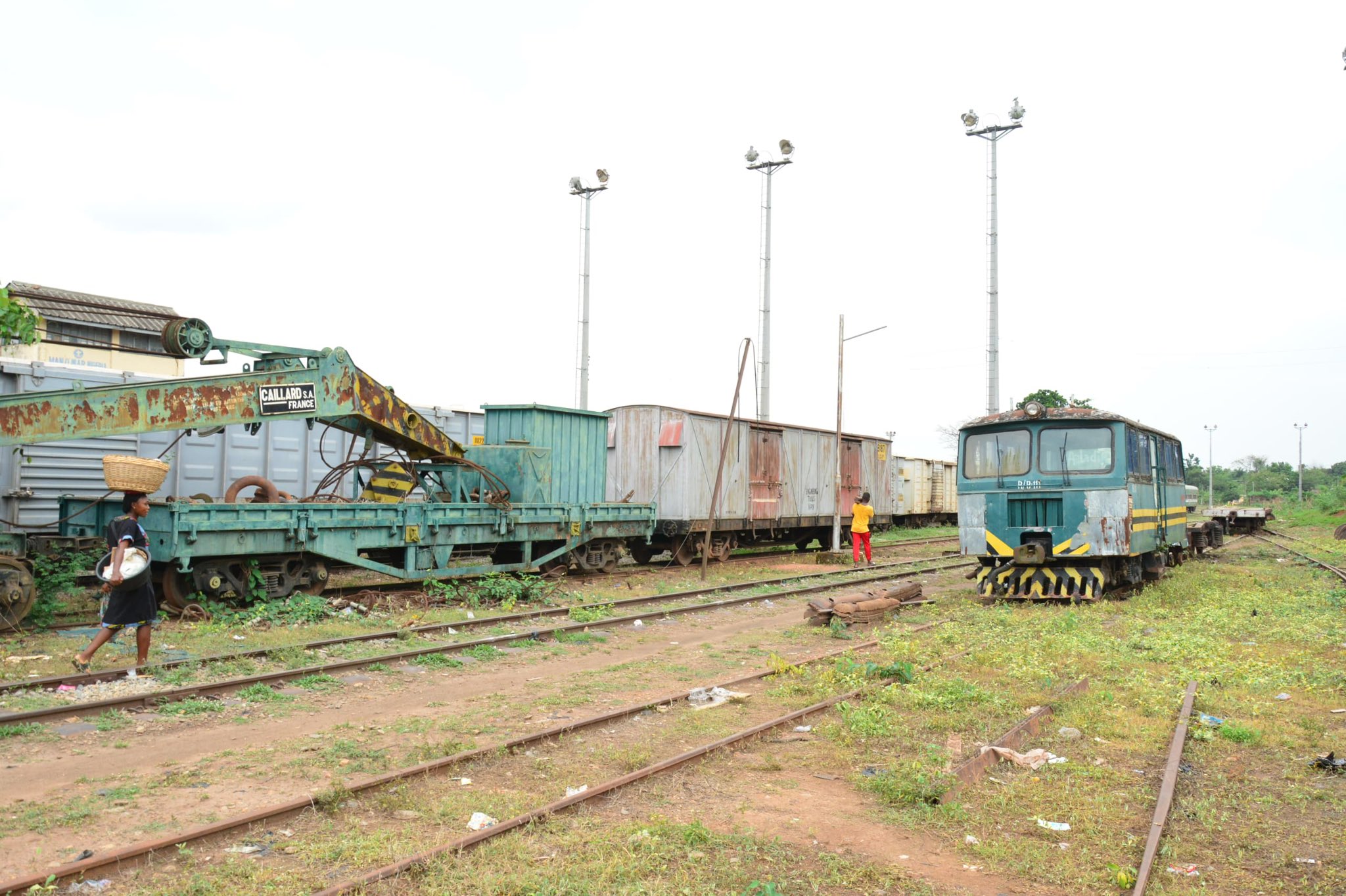
NRC ready for Lagos-Kano cargo train services – Opeifa
…says railway properties are national assets not scrap
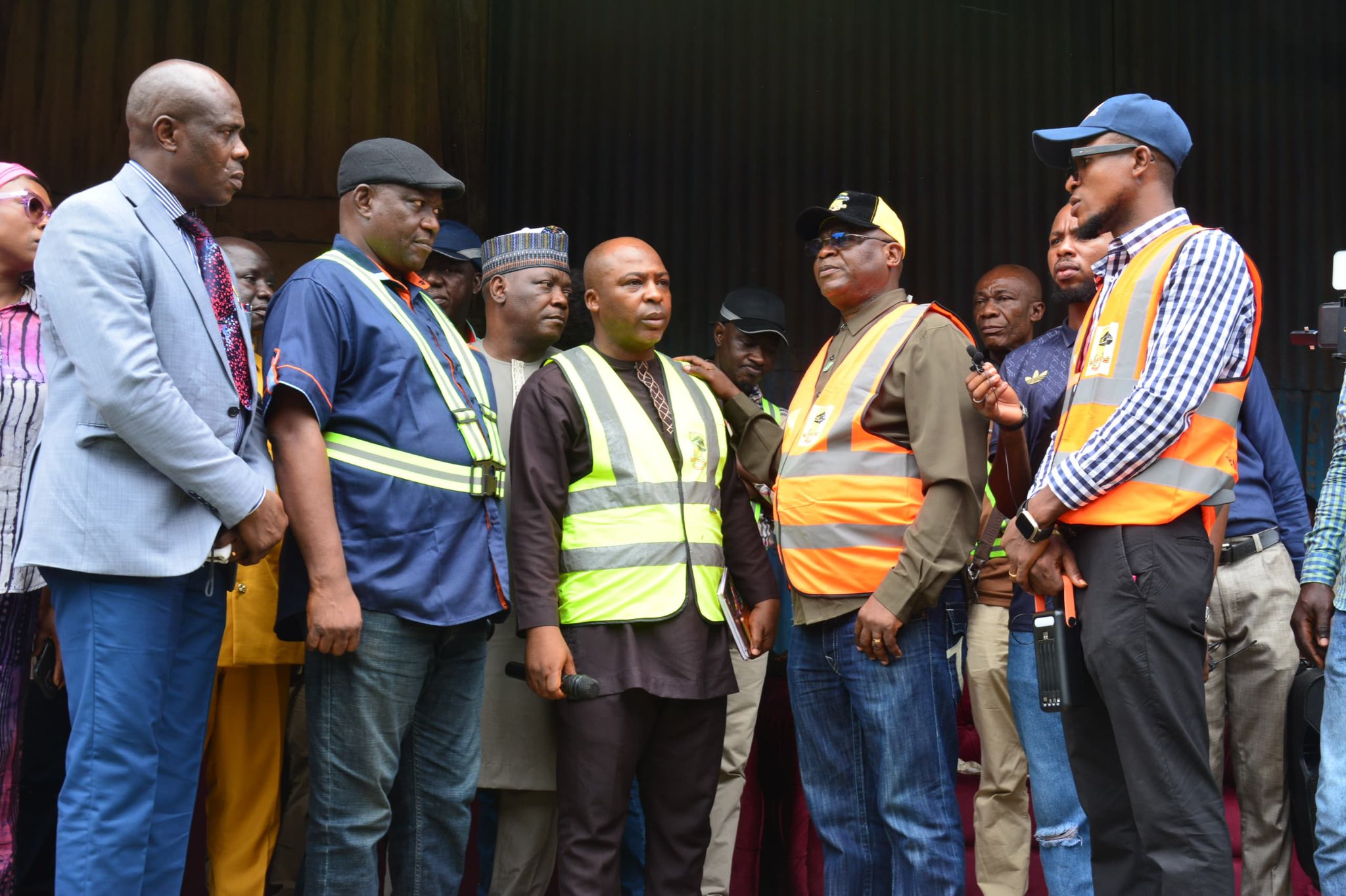
Managing Director of the Nigerian Railway Corporation Dr Kayode Opeifa has declared that the Western district is ready for cargo train movement between Lagos and Kano on the narrow gauge.
He stated this at Dugbe, the Ibadan Narrow Gauge Train Station, after inspecting Moniya Freight Park, in Ibadan, Oyo State, during the tour of operations on the Western Line, as part of his inspection of all districts which commenced on Friday.
The NRC MD also stressed that no property of the corporation should be seen as scrap but critical national assets that must be treasured, according to a statement released the NRC MD media team.
He said, “The essence of this tour is to enable us to access our readiness to handle the cargo side of our business as business and logistics facilitator.
“We are happy with the extent of what we have seen and we can comfortably say we are ready to move any manner of cargo for any of our customers.”
Opeifa had commenced the tour from the Mobolaji Johnson Train Station at Ebute Metta, Lagos, where he inspected the facilities available for passengers’ convenience.
At his next stop at Omi Adio, he inspected the facility being put in place to establish another cargo park there. He directed the acquisition of more land around the proposed dry port area to provide for anticipated business the dry port would be processing when the business finally comes on stream.
Opeifa was joined on the inspection at the Ladoke Akintola Train Station, Omi Adio, by the Director General of Development Agenda for Western Nigeria (DAWN Commission) Dr. Seye Oyeleye, who expressed the readiness to work with the NRC to reactivate the narrow gauge line within some of the states in the South-West for mass transportation.
The inspection took NRC boss and his management team to the Obafemi Awolowo Train Station, Moniya and the Moniya Cargo Park, where he inspected the readiness of the port to facilitate cargo business.
He also inspected the Western District Headquarters at Dugbe, Ibadan, where he charged the workers to double their efforts and improve the Internally Generated Revenue (IGR) of the railway.
“I can approve an improvement in your allowances once we improve our IGR. So let us be committed to doubling our efforts,” he said.
Opeifa said the management wt determined to recommence cargo commitment from Lagos to Kano, even as he said he would be at Ibadan to flag off the Dugbe end of the movement once the service begins.
He also commended all railway women, urging them to continue to prove their mettle in keeping the wheel of the rail going.
Addressing the welfare of pensioners, Opeifa said the corporation would continue to work at improving their welfare.
“I don’t need to be told, I can feel so many things and I can only assure you that the management will continue to work at improving your living conditions,” he said.
He reiterated his call for vandals to stop sabotaging the corporation’s effort at improving its services.
“Let me emphasize again that there are no scraps in the Nigerian Railway Corporation. All we have are rail materials. All our materials are in serviceable conditions.
“From here we are moving cement from Ewekoro to Osogbo and to Ilorin. All these wagons you see, all these rail sleepers, all the iron are still working and all security operatives have been directed to arrest and prosecute anyone caught vandalising our property.
“No one is permitted to carry our materials. No letter of approval is sufficient to allow anyone to do so, security operatives should put a call across to us to enable us authenticate such activity,” he said.
Aviation
Aviation workers threaten nationwide airports shutdown over Customs officer assault

Aviation workers threaten nationwide airports shutdown over Customs officer assault
Aviation unions have announced plans to shut down airports across Nigeria starting March 31 in protest against the failure to remove a customs officer who allegedly assaulted the Director of Aviation Security at the Federal Airports Authority of Nigeria (FAAN).
In a joint statement signed by Ocheme Aba (NUATE), Frances Akinjole (ATSSSAN), and Abdul Rasaq Saidu (ANAP), the unions condemned the repeated physical assaults on FAAN staff, vowing not to tolerate such incidents any longer.
The unions also called on the government to urgently reduce the number of customs officers operating within the aviation sector, aligning with global best practices. They warned that if their demands are not met, they will proceed with the nationwide shutdown, potentially disrupting air travel and operations.
The statement reads: “Considering the enormity and frequency of physical and psychological assault on the staff and management personnel of FAAN, of which there is no end in sight, we are compelled to inform the management of the unwavering determination of our unions to cause the establishment of a clear framework of mutual respect among FAAN staff and the security agencies operating at the airports.
READ ALSO:
- Over 100 suspects arrested in Abuja Ponzi Scheme Academy raid
- Again Obasanjo accuses federal lawmakers of bribery
- FG to pay corps members backlog of delayed N77,000 allowance
“Consequential sanctions are in place which guarantee the safety and human rights of FAAN staff. We shall direct all the workers to withdraw from the airports with effect from March 31, 2025, pending when such protocols are established.
“The recent assault on no less a personality than the Director of Aviation Security of FAAN is one too many, which leaves a taste too bitter to swallow. It is our sincere hope that our demand in the above respect is well met to avoid the industrial conflagration that will ensue in the absence of acceptable remedial actions.”
In response, Abdullahi Maiwada, the spokesperson for Customs, stated in a recent release that the disagreement between FAAN officials and officers of the Nigeria Customs Service (NCS) stemmed from a miscommunication over equipment movement and seating arrangements.
Aviation workers threaten nationwide airports shutdown over Customs officer assault
Business
SEC announces stricter measures to protect investors
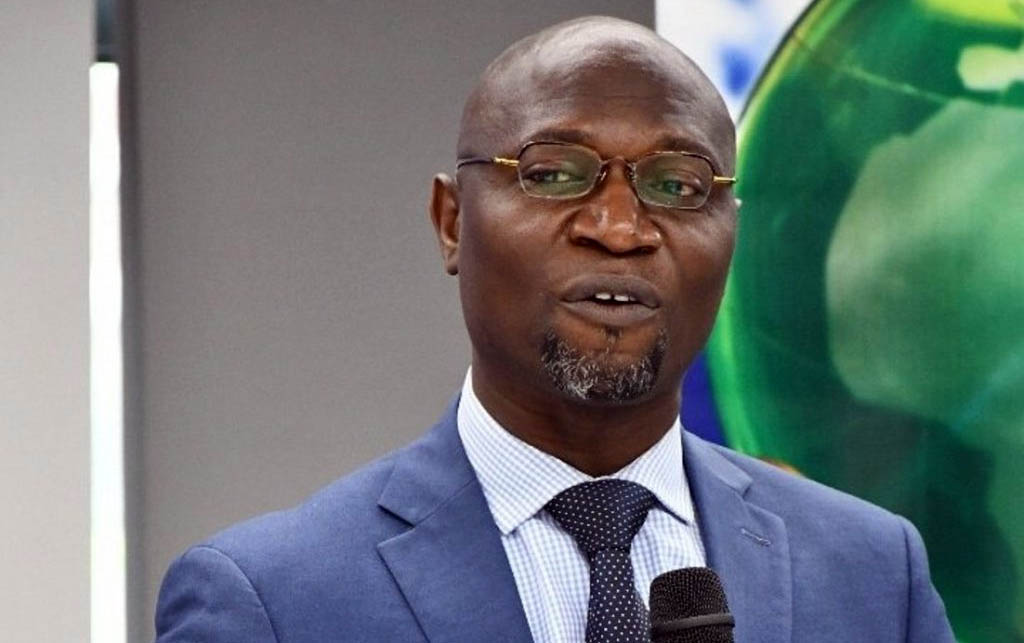
SEC announces stricter measures to protect investors
The Securities and Exchange Commission (SEC) has reaffirmed its commitment to protecting investors in Nigeria’s capital market by cracking down on fraudulent activities.
According to the Director-General of SEC, Dr. Emomotimi Agama, operators engaging in unscrupulous practices will face strict penalties as the Commission prioritizes safeguarding investor interests.
“So, clearly for us, it is getting people to understand that there is no hiding place anymore for anybody that has the intention to defraud Nigerians and to defraud anybody that is investing in this market,” Dr. Agama stated, emphasizing the Commission’s zero-tolerance policy.
READ ALSO:
- Why postgraduate students are ineligible for FG loan – NELFUND
- Bitcoin rises above $86,000 as crypto market gains momentum
- 2 Nigerians in US face heavy jail term over fraud
Dr. Agama highlighted that the Investments and Securities Act (ISA) 2007 serves as the framework for securities regulation in Nigeria, ensuring that market operators adhere to high ethical standards.
He emphasized the importance of the “fit and proper person’s test,” which requires operators to meet specific regulatory criteria to maintain their licenses.
“This is because the very ethics of regulating or registering a securities market operator is in the principle of the fit and proper person’s test,” he explained.
“What you have been seeing most recently by the revocation of licenses, the suspension of operators and our follow-up to operators that are not registered with the SEC is only a tip of the iceberg as to what we intend to do this year.”
Dr. Agama assured stakeholders that the SEC will leverage its regulatory powers under Nigerian law to deter fraudulent activities, noting, “We believe strongly that a protected investor is a powerful investor.”
SEC announces stricter measures to protect investors
-

 metro3 days ago
metro3 days agoAttack on Mufty of Ilorin: Onikijipa Family Charges Stakeholders to Call Sheikh Habibullahi Al-Ilory to Order
-

 Health3 days ago
Health3 days agoNigerian doctor pioneers W’Africa first robotic prostate cancer surgery
-

 metro15 hours ago
metro15 hours agoRivers administrator Ibas fires Fubara’s political appointees
-

 metro3 days ago
metro3 days agoFubara: Supreme Court reacts to photo of Justice Agim with Wike
-
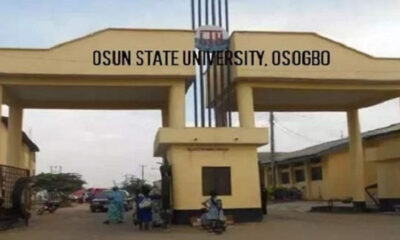
 metro3 days ago
metro3 days agoUNIOSUN mourns as 5 students die in auto crash
-

 metro15 hours ago
metro15 hours agoJUST-IN: Ex-Oyo gov Ajimobi’s first child Bisola dies At 42
-

 International2 days ago
International2 days agoCanada removes bonus ranking points for job offers in Express Entry system
-

 metro1 day ago
metro1 day agoHow ritualists, native doctor drugged, murdered underage sisters in PH – Police



